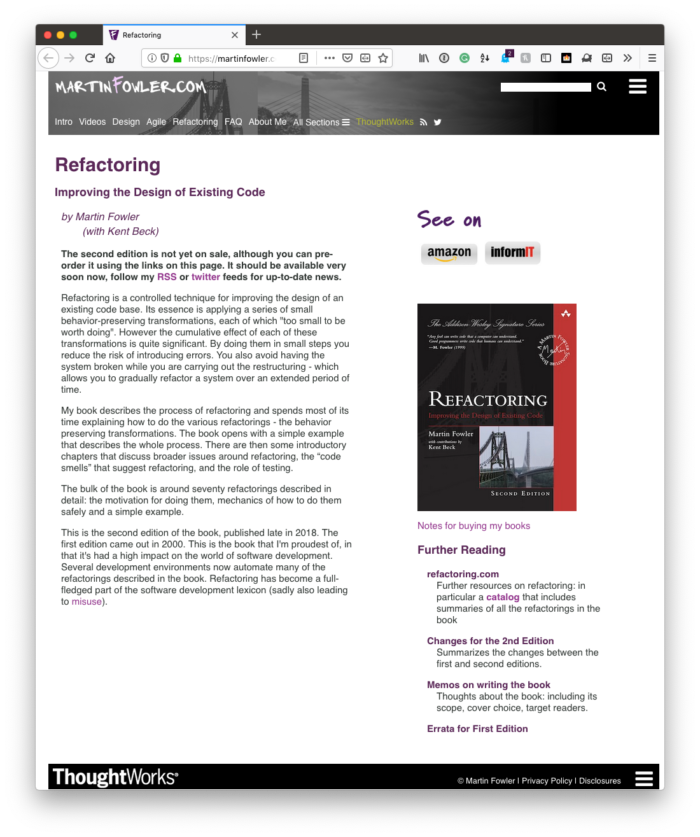In my experience, the way we first interact with the repository design pattern often influences how we think about the pattern. (The whole first impressions are lasting impressions, right?)
The purpose of this post is to show how it can be implemented in WordPress specifically when writing object-oriented plugins to read data (writing data may be covered in another post), but before doing that I tried to think of a few consistencies among the variations of the pattern that I’ve seen.
Generally speaking, this is what I think a repository pattern should do:
- provide a single place to read data,
- abstract the details of how the data is accessed,
- and have a consistent interface for doing so.
This means that whatever it is you need to retrieve from the application can be retrieved from the database. But how its retrieved can be considered a black box. That’s up to the developer implementing the pattern.
And in the case for those who read this post, that’s most likely us.



